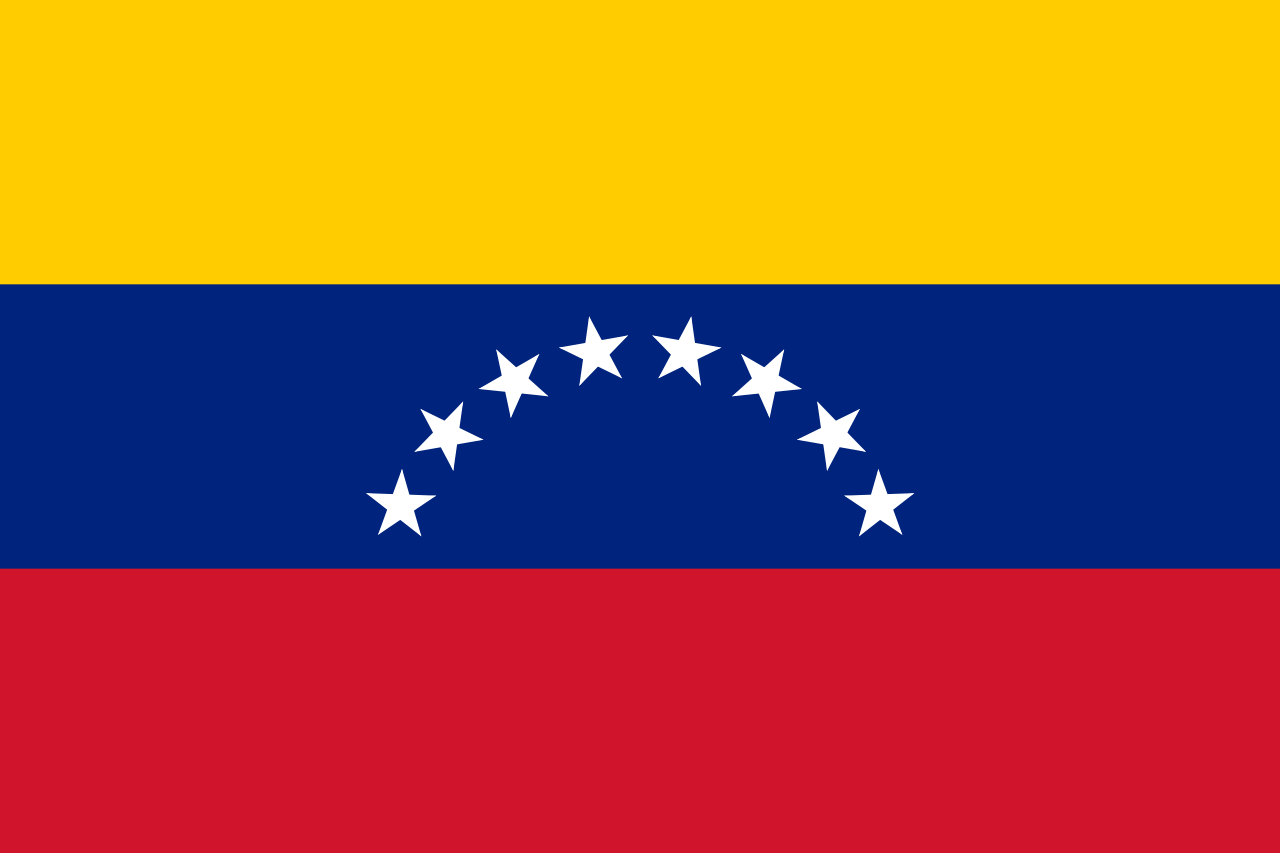Exploring the Unique Flavor Profile of Maracaibo
Venezuela, known for its rich cultural tapestry and diverse landscapes, has quietly been making waves in the world of coffee production. The Venezuela coffee profile, particularly associated with the Maracaibo region, tells a compelling story of altitude, distinctive varieties, and a historical legacy that collectively contribute to a unique and exceptional flavor experience.
The Maracaibo region, situated in the northwestern part of Venezuela, offers an ideal environment for coffee cultivation. The coffee farms here are often perched at elevations ranging from 1,000 to 2,000 meters above sea level, harnessing the benefits of altitude for slow and optimal cherry maturation. This elevation factor is crucial in shaping the flavor profile, contributing to a bright acidity and nuanced taste in the coffee.
The proximity to Lake Maracaibo also plays a role in creating a microclimate that is conducive to coffee production. The cool breezes from the lake, coupled with the region’s rich soils, contribute to the distinct characteristics of the beans, setting Venezuelan coffee apart.
One of the key factors that contribute to the uniqueness of the Venezuela coffee profile is the cultivation of specific coffee varieties. The Maracaibo region is known for growing the Maragogipe and Criollo varieties, both celebrated for their exceptional quality and distinctive flavors.
Maragogipe, often referred to as the “elephant bean” due to its large size, produces a cup with a rich body and a unique sweetness. Criollo, on the other hand, is renowned for its complex flavor profile, often characterized by floral and fruity notes. The combination of these varieties, along with meticulous farming practices, results in a cup of coffee that is both intriguing and memorable.
Venezuela has a rich coffee heritage that dates back to the 18th century when coffee cultivation was introduced to the country. Maracaibo, in particular, became a hub for coffee production, and its beans gained international acclaim for their quality. However, political and economic challenges in the latter half of the 20th century posed significant obstacles to the industry.
In recent years, there has been a resurgence of interest and investment in Venezuela’s coffee sector. Producers are reviving old plantations, implementing modern farming techniques, and rekindling the historical legacy of Maracaibo coffee. This revitalization not only promises economic benefits but also serves as a tribute to the country’s coffee traditions.
The flavor profile of Venezuelan coffee is a delightful symphony of bright acidity, medium body, and a diverse range of tasting notes. Maracaibo coffee often exhibits a citrusy acidity, complemented by a sweetness reminiscent of caramel or chocolate. The Criollo variety contributes floral undertones and a complexity that adds depth to the overall flavor experience.
The balanced and nuanced profile makes Venezuelan coffee suitable for a variety of brewing methods, from espresso to pour-over, allowing coffee enthusiasts to explore and appreciate its intricate flavors.
Venezuela’s coffee profile, particularly in the Maracaibo region, is a testament to the country’s commitment to quality and its resilience in the face of challenges. The unique combination of geographical factors, distinctive varieties, and a renewed focus on heritage has positioned Venezuelan coffee as a rising star in the specialty coffee world. As the industry continues to evolve, the flavors of Maracaibo coffee not only captivate the palate but also carry forward the rich history and traditions of Venezuela’s coffee renaissance.
Tags: coffee growers, Venezuela

